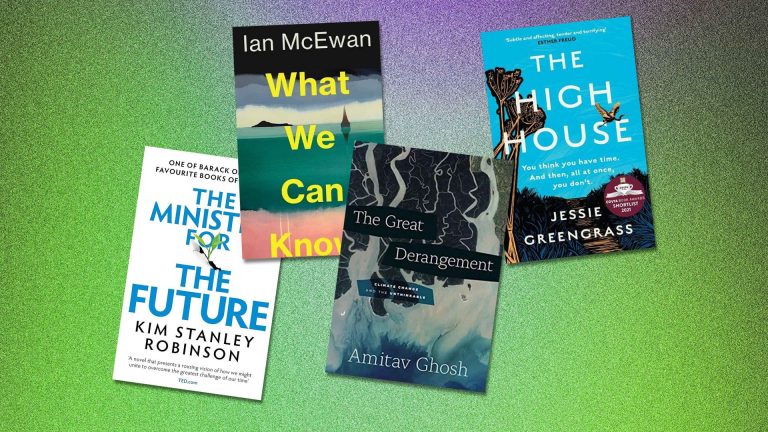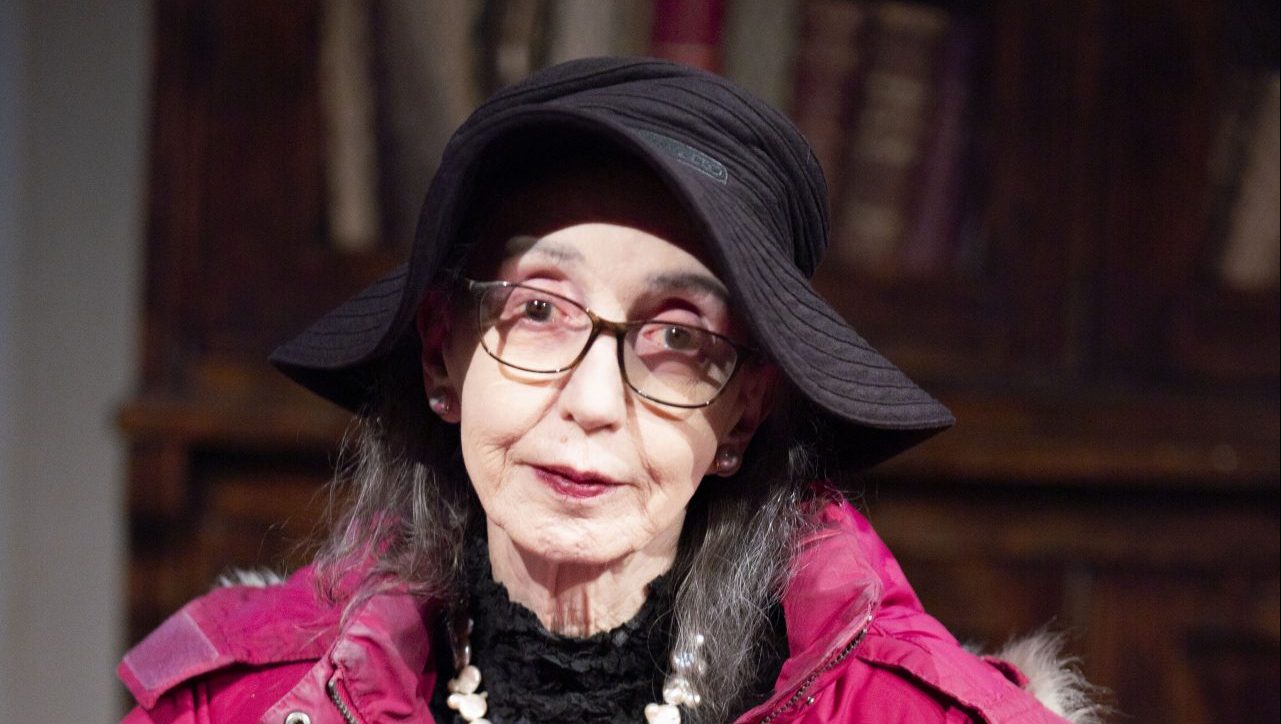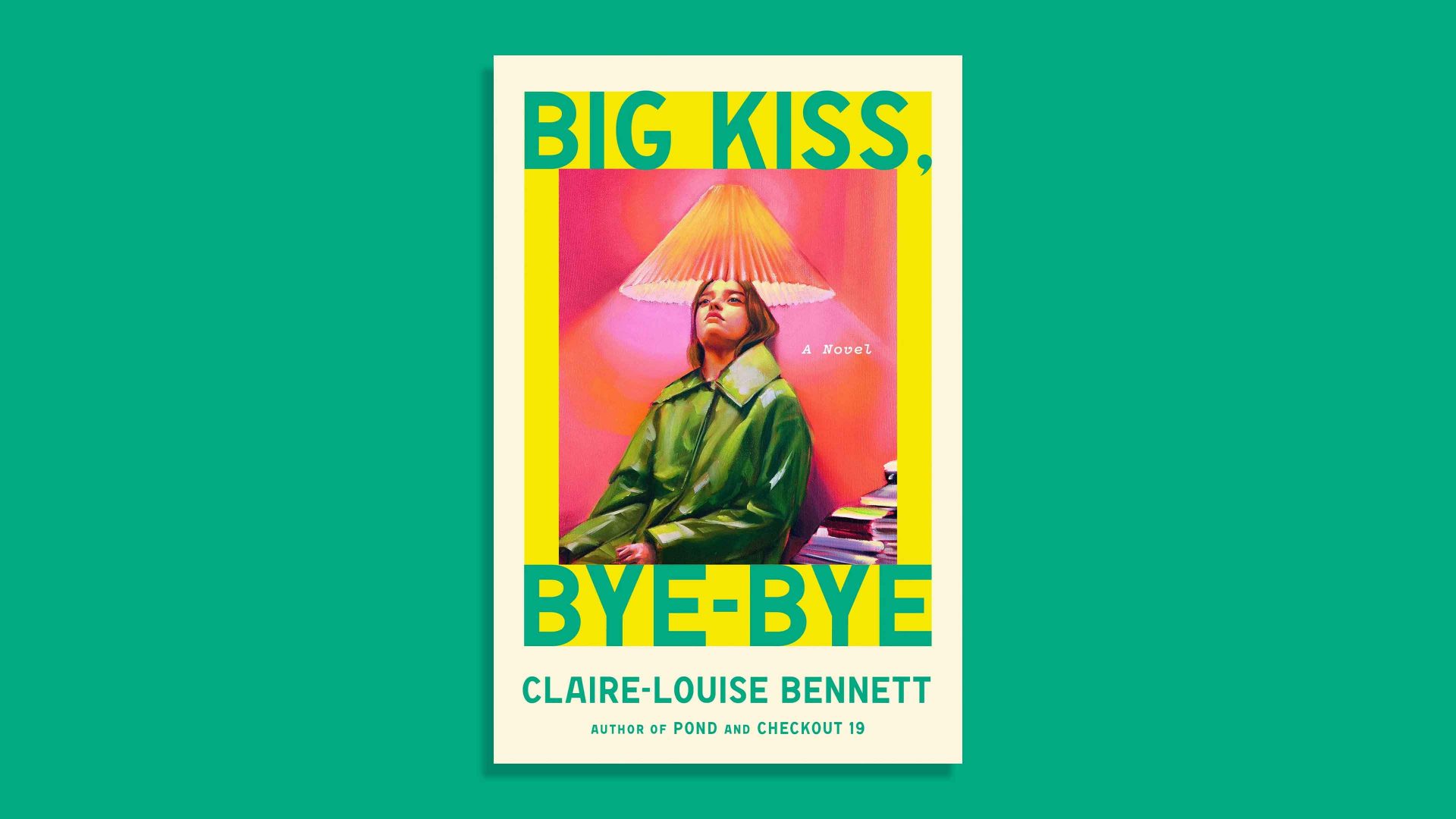In her short novel Zombie, from 1995, the American writer Joyce Carol Oates fashioned a protagonist of a kind that seems very familiar today. Among his many legal and moral transgressions, the deeply creepy Quentin P is obsessed by the fantasy of creating the perfect lover, one from which agency and free will has been removed as if it were a cancer.
“A true zombie would be mine for ever,” Oates has him saying. “He would obey, saying, ‘Yes, master’ and ‘No, master.’ He would kneel before me, saying, ‘I love you, master. There is no one but you, master.’ And so it would be.”
Watching the 87-year-old Oates’s wholly entertaining battle with Elon Musk on X, I was struck by the thought that the planet’s richest man could plausibly have sprung from her imagination. She certainly seems to know him well enough to have burrowed deep under his skin. As with Quentin P, she recognises an empty vessel when she sees one.
Responding to a post by Musk defending his obscene $1tn Tesla pay deal, Oates wrote: “So curious that such a wealthy man never posts anything that indicates that he enjoys or is even aware of what virtually everyone appreciates. Scenes from nature, pet dog or cat, praise for a movie, music, a book (but doubt that he reads); pride in a friend’s or relative’s accomplishment; condolences for someone who has died; pleasure in sports, acclaim for a favourite team; references to history.”
The author of Blonde (on Marilyn Monroe) and Black Water (Chappaquiddick) among dozens of others, concluded, “In fact he seems totally uneducated, uncultured. The poorest persons on Twitter may have access to more beauty & meaning in life than ‘the most wealthy person in the world.”’
Naturally, this surgical strike did not go unheeded. Instead of keeping schtum, Elon Musk filled his nappy. “Oates is a liar and delights in being mean,” he squealed. “Not a good human.” He also fancied himself a literary critic. “Eating a bag of sawdust would be vastly more enjoyable than reading the laboriously pretentious drivel of Oates,” he wrote.
What fun. To heighten my enjoyment of this bucket-of-popcorn-please brouhaha, I’ve come to imagine Musk’s posts have been written and narrated by Foghorn Leghorn or Daffy Duck. I think they make more sense this way; after all, who else but a puffed-up cartoon character would think of decrying the technical chops of a world-renowned author? No sentient person could possibly be so hubristic as to accuse them – incorrectly, of course – of being “an abuser of semicolons!”
For once, here, Elon Musk has brought a kazoo to a gun fight. With a gusto that makes Anthony Trollope look like Harper Lee, for more than 60 years, Joyce Carol Oates seems to have dedicated every moment of her adult life to writing novels, short stories, plays, and non-fiction.
Suggested Reading


When climate fiction stops being fiction
With more than 100 books to her name, including bangers like Them, On Boxing and Wonderland, it’s hard to imagine her pages are stained in error. The quiet insouciance with which she describes X as “Twitter” is an insult of an unimprovably delicious kind – although another post saying of Musk “whatever club he’s invited to join has been devalued by the invitation” comes close.
While Musk continues to moan about the octogenarian (“she must be a real downer at parties”) one can only wonder whether he possesses anything like the self-awareness to recognise that he’s been seen fully naked in his most pitiful form. For the rest of us, though, the spectacle of a woman of letters punching up with a knockout haymaker to the glass chin of the poster boy for the miserable bastards of the billionaire class warms the spirit in the lowering gloom of November. Who knew that the world’s “richest” man is on the bones of his backside in all but one meaning of that word?
In its ability to question the metrics by which they judge their very lives, art is like Kryptonite to the truly powerful. Despite noisy protestations to the contrary, for his part, Elon Musk seems to appreciate books about as fully as other readers grasp the mechanics of space travel.
Just this week, in a post that featured a picture of the front cover of The Odyssey (no less) he recommended listening to The Iliad at “1.25X speed”. When the internet laughed at his mistake, he deleted the tweet.
“There was only noise in his head, the mind in time,” is how Don DeLillo described the fictional billionaire who floats like a ghost through his novel Cosmopolis. “When he died, he would not end. The world would end.”
This is where we are now. In 1995, Joyce Carol Oates equipped Quentin P with power tools and a crash course in neurosurgery as the means of debilitating his victims. Today, with X, Elon Musk is fricasseeing millions of brains at a time.
So let’s take the three points and move on. Let’s take our lessons not just from Zombie but from the hope-hungry characters in Zombieland who learned to “enjoy the little things”.
With her audacious precision, Joyce Carol Oates has at least allowed us to do that.
Ian Winwood is the author of the bestselling Bodies: Life and Death in Music



